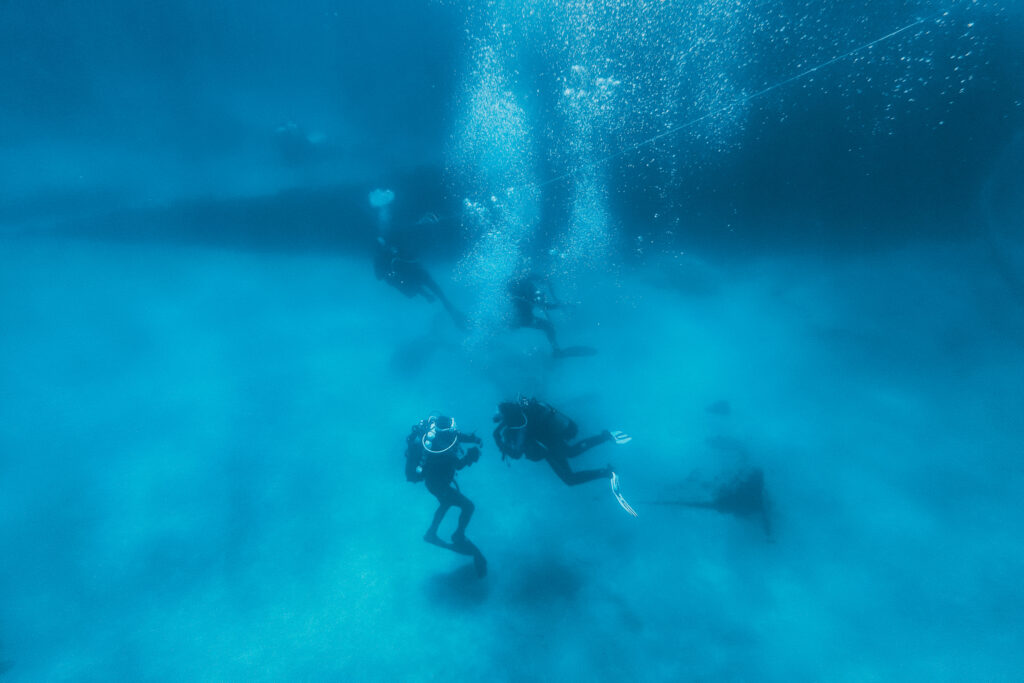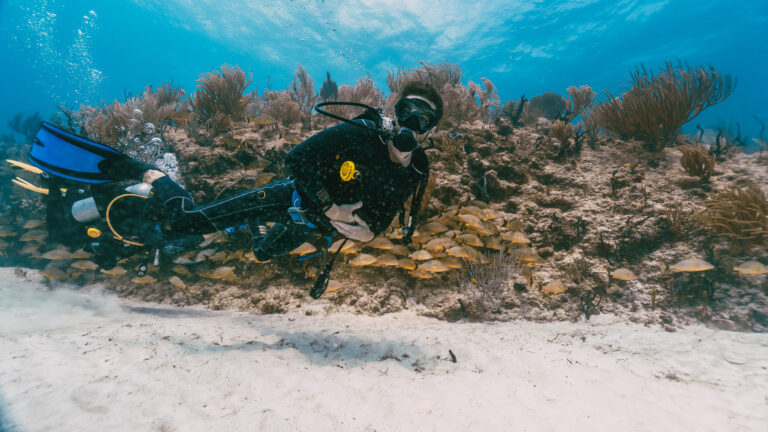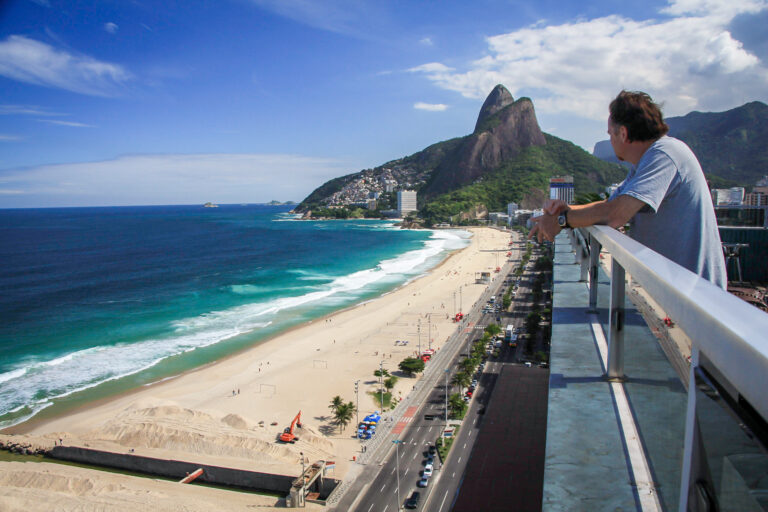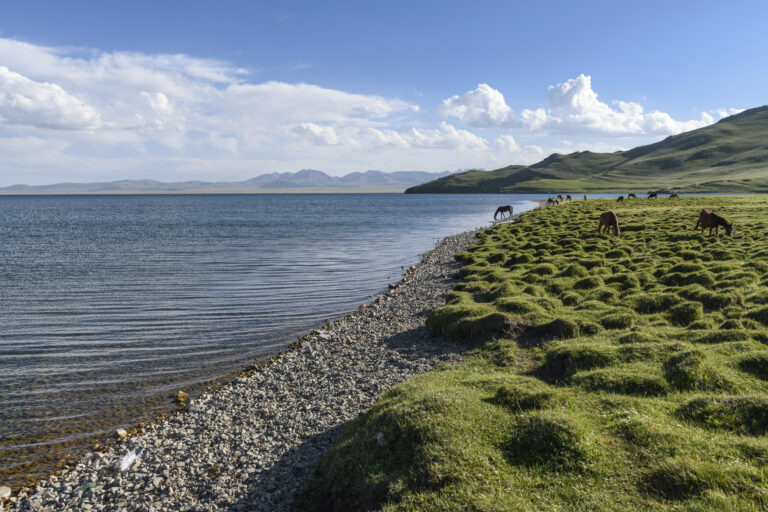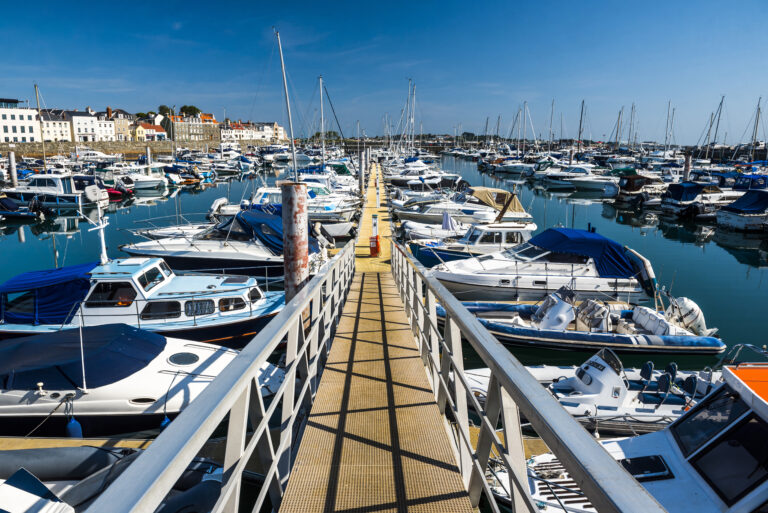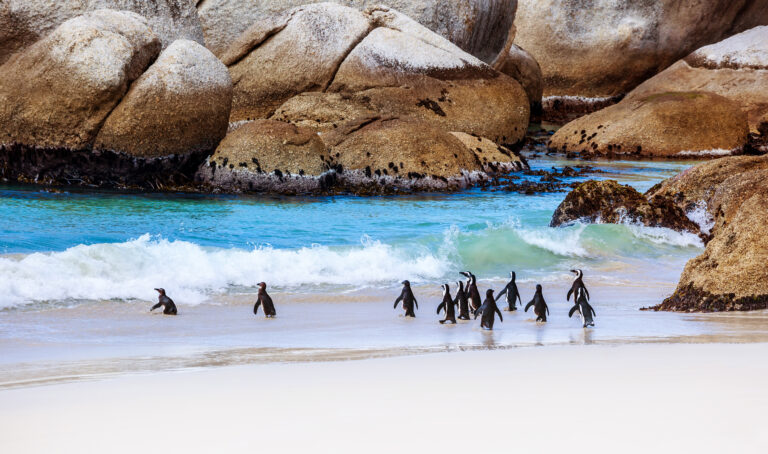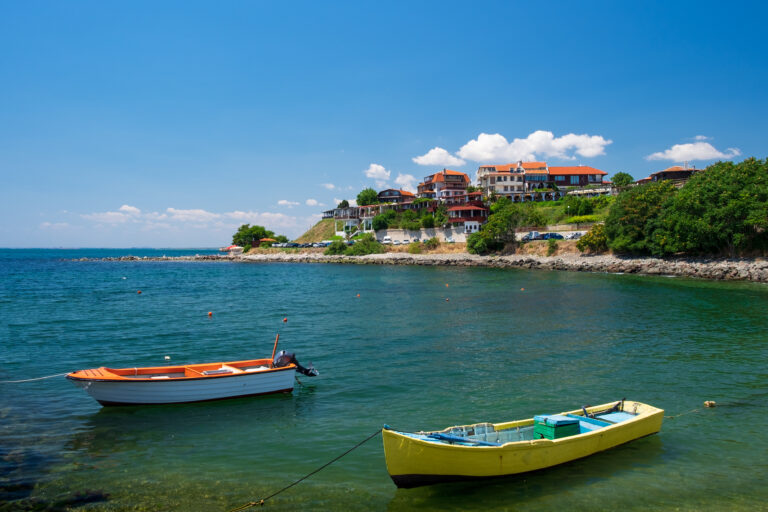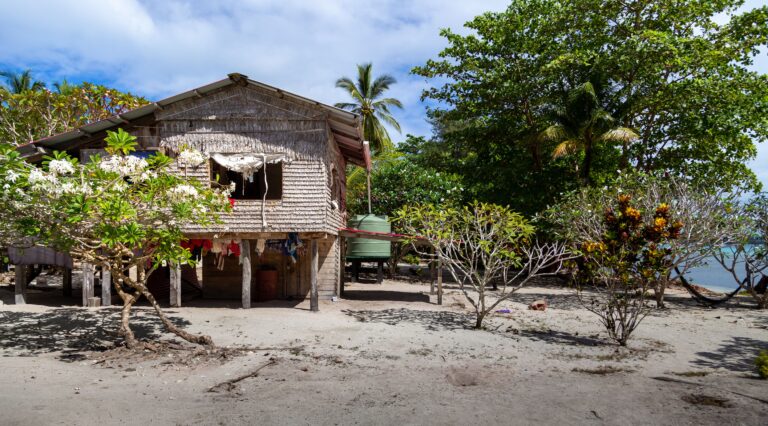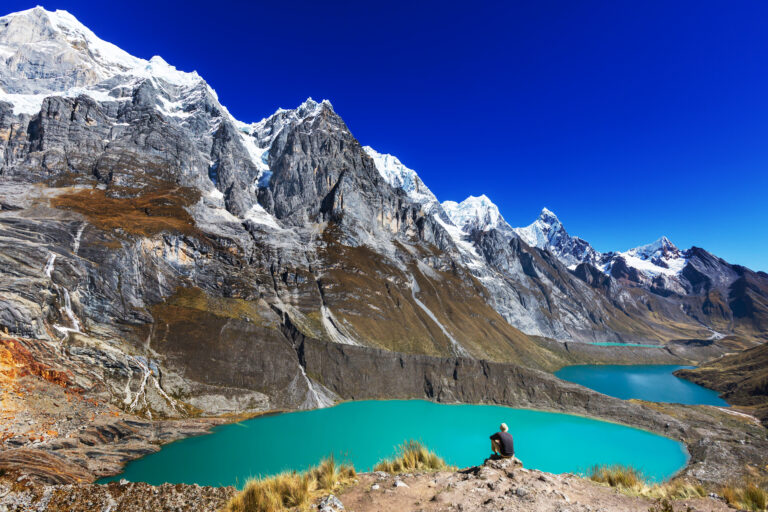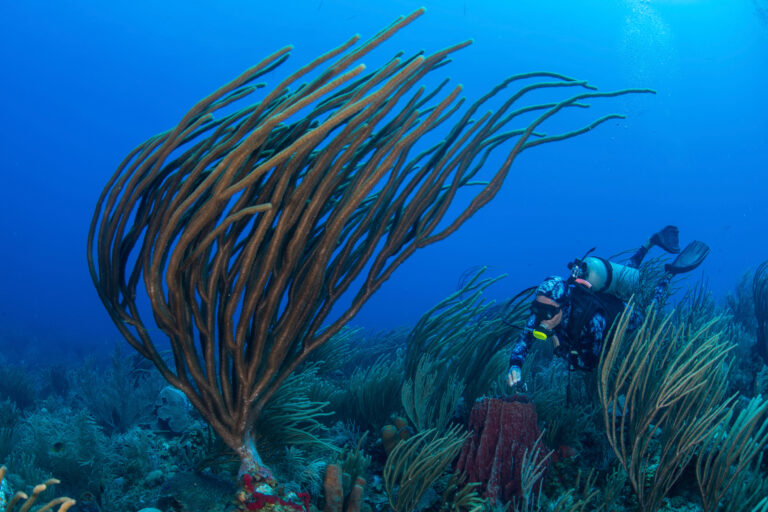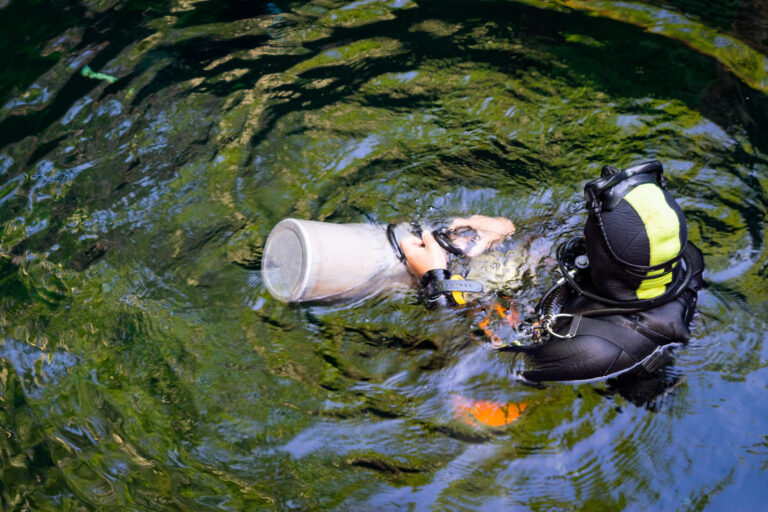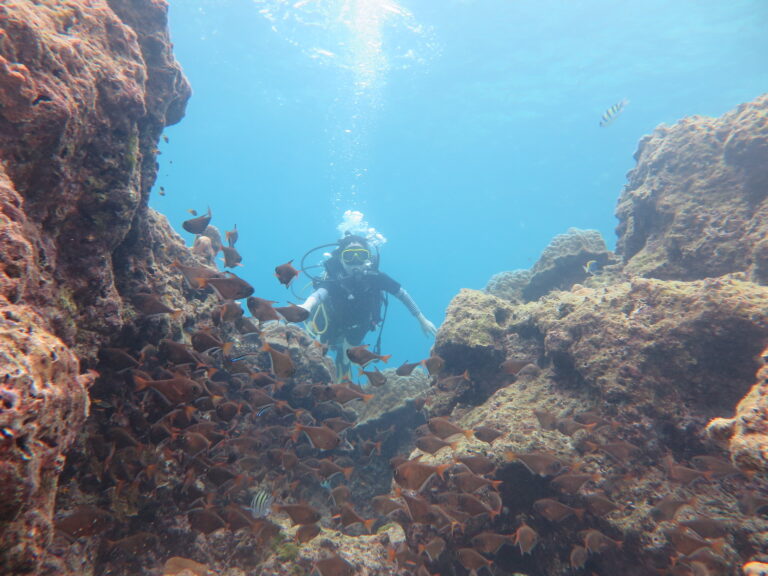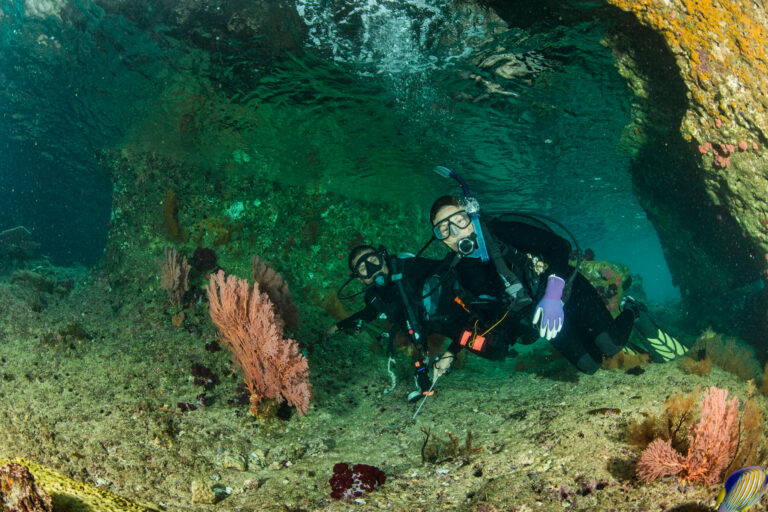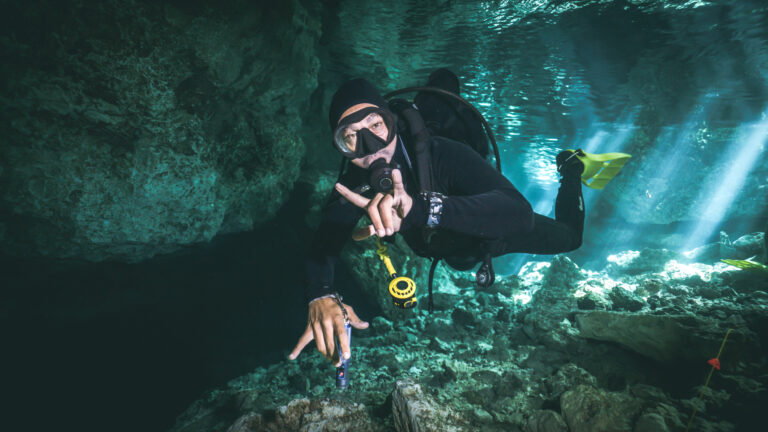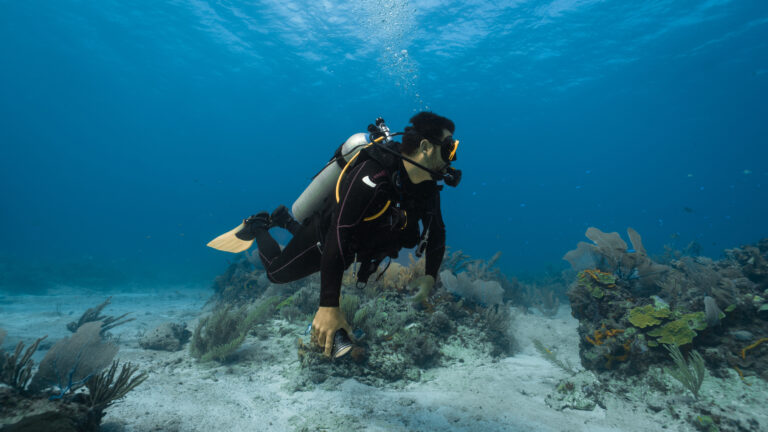SCUBA DIVERS’ TRAVEL GUIDE TO Hungary
Hungary may not be the first destination that comes to mind when you think of scuba diving, but this landlocked country has some surprising underwater secrets to explore. Hungary is home to a vast underground hot spring system that flows beneath the city of Budapest, creating thermal lakes and caves that offer a unique diving experience. You can dive in the Molnár János Cave, one of the largest thermal water-filled caves in the world, where you can see stunning rock formations and crystal clear water. Or you can dive in the Köbánya flooded cellars, a former stone mine and beer factory that is now a submerged museum of industrial history. Whether you are looking for adventure, history, or relaxation, Hungary has something for every scuba diver who wants to discover a different side of Europe.
LOCATION AND GEOGRAPHY
Hungary, a landlocked country in Central Europe, may not be the first destination that comes to mind for scuba diving enthusiasts seeking the vast expanse of the ocean. However, this nation offers a unique underwater experience in the form of freshwater diving, primarily centered around Lake Balaton, the largest lake in Central Europe, and the thermal Lake Hévíz. Divers can explore the lake’s diverse ecosystems, with visibility varying by season and location. Additionally, Hungary is home to an extraordinary diving experience in the form of the Molnár János Cave, located in the heart of Budapest. This submerged cave system is fed by thermal springs and offers a rare opportunity to dive in warm, crystal-clear waters, surrounded by stunning geological formations. The country’s geography, with its rolling plains and river valleys, provides a variety of dive sites, including flooded mining pits and artificial lakes, each with its own unique underwater topography and marine life, making Hungary an unexpected but intriguing destination for freshwater scuba diving adventures.
VISA AND ENTRY REQUIREMENTS
Before planning your scuba diving adventure in Hungary, it’s essential to understand the visa and entry requirements. Hungary is a member of the European Union and part of the Schengen Area, which means that EU, EEA, and Swiss citizens can enter the country without a visa and stay for an unlimited period. Travelers from the United States, Canada, Australia, New Zealand, and Japan are among those who can enter Hungary without a visa for short stays of up to 90 days within a 180-day period for tourism purposes, including scuba diving. Citizens from countries that do not have a visa exemption agreement with Hungary will need to apply for a Schengen visa prior to arrival. It’s important to check the latest information with the Hungarian consulate or embassy in your home country, as visa policies can change. Additionally, ensure your passport is valid for at least three months beyond your planned departure date from the Schengen area. Always carry identification and proof of your diving certification when visiting dive sites, and be aware that some inland dive locations, like the famous Lake Balaton or the thermal Lake Hévíz, may have specific access regulations or require permits.
GETTING TO Hungary
Getting to Hungary for a scuba diving adventure is a straightforward endeavor, thanks to the country’s central location in Europe and well-developed transportation infrastructure. Budapest, the capital, serves as the main international gateway, with the Budapest Ferenc Liszt International Airport accommodating flights from across the globe. Major airlines offer direct or connecting flights to Budapest from numerous cities, ensuring accessibility for divers worldwide. Once in Hungary, travelers can opt for car rentals, trains, or buses to reach Lake Balaton or other notable diving spots like the Tisza Lake. For a truly unique underwater experience, divers should not miss the chance to explore the submerged labyrinth of the Molnár János Cave, located within Budapest itself. The country’s extensive road and rail networks make these sites easily reachable from the capital or any other entry point, allowing divers to immerse themselves in Hungary’s freshwater diving scene with minimal hassle.
BEST TIME TO DIVE
Hungary, a landlocked country, may not be the first destination that comes to mind for scuba diving, but it offers a unique underwater experience, particularly in Lake Balaton and the flooded mining pits turned dive sites. The best time to scuba dive in Hungary is during the late spring through early autumn months, from May to September, when the water temperatures are more comfortable, ranging from 18°C to 28°C (64°F to 82°F). Visibility in Lake Balaton and other freshwater sites is at its peak during these months, often exceeding 10 meters (33 feet). Summer also brings longer daylight hours, allowing for extended dive times and the opportunity to explore the surprisingly diverse freshwater marine life. However, divers should be aware that July and August can be quite busy with tourists, so booking dive services in advance is recommended. For those willing to brave cooler temperatures, diving outside of these months can offer a more tranquil experience, with fewer crowds and the chance to witness different seasonal aquatic behaviors.
ACCOMMODATION OPTIONS
In the landlocked country of Hungary, scuba diving enthusiasts might be surprised to find a range of accommodation options catering to their underwater adventures, particularly around Lake Balaton and the hidden gem of Lake Tisza. While Hungary may not boast oceanic coasts, these freshwater sites offer unique diving experiences, such as exploring submerged park benches and pathways at Lake Tisza. Divers can choose from cozy lakeside guesthouses, well-appointed holiday apartments, and camping sites that offer a closer connection to nature. In the vicinity of the lakes, several dive centers provide convenient lodging, often with gear storage and rinse areas, making it easy for divers to indulge in multiple dives over their stay. For a truly immersive experience, some resorts and hotels even offer dive packages that include accommodation, meals, and guided dives, ensuring a hassle-free dive holiday in the heart of Central Europe. Whether you’re looking for a rustic retreat or a comfortable hotel with all the amenities, Hungary’s dive-friendly accommodations are ready to welcome underwater explorers seeking the road less traveled.
DIVE OPERATORS AND DIVE SHOPS
In the landlocked heart of Europe, Hungary may not be the first destination that springs to mind for scuba diving enthusiasts, yet it offers a unique underwater experience that defies its geographical position. Dive operators and shops in Hungary are concentrated around the country’s freshwater lakes and rivers, with Lake Balaton and the Tisza River being notable spots. The most famous dive site is the flooded mining village of Tapolca, where divers can explore submerged buildings and streets. Hungarian dive shops are well-equipped to cater to both beginners and advanced divers, offering certification courses, gear rental, and guided dives. These operators are known for their professionalism and intimate knowledge of the local aquatic environments, ensuring a safe and memorable diving experience. Whether it’s the allure of exploring hidden underwater worlds or the convenience of diving within Europe, Hungary’s dive operators and shops provide a surprising and delightful detour from the typical sea dive.
TRANSPORTATION WITHIN Hungary
While Hungary may not be the first country that comes to mind for scuba diving, it offers a unique underwater experience, particularly at Lake Balaton and the thermal lake of Hévíz. To reach these diving spots, visitors will find that Hungary has a well-developed transportation infrastructure. The country’s efficient rail network connects major cities and towns, with train services operated by MÁV (Hungarian State Railways) providing a convenient way to travel close to diving locations. For more flexibility, car rentals are available in major cities, airports, and near Lake Balaton, allowing divers to transport their gear with ease and explore the countryside at their own pace. Additionally, Hungary has a comprehensive network of buses, which can be a cost-effective option for reaching dive sites. However, for the most direct access to specific diving destinations, a private vehicle or organized dive tours might be preferable. Always remember to check the local traffic regulations and parking availability near dive sites to ensure a smooth journey.
CURRENCY AND PAYMENT METHODS
When planning a scuba diving trip to Hungary, it’s important to note that the country’s official currency is the Hungarian Forint (HUF). While some businesses, particularly in tourist areas, may accept Euros, it’s advisable to have Forints on hand for everyday transactions. Credit cards are widely accepted in larger cities and at major dive centers, but it’s prudent to carry cash for purchases in smaller towns or from local vendors near more remote dive sites, such as those at Lake Balaton or the Tisza River. ATMs are readily available in urban areas, but less so in rural regions. It’s also worth checking with your dive operator in advance to confirm their preferred payment method for services like equipment rental, guided dives, and any courses you might want to take. Always ensure you have a means of payment that aligns with the local practices to avoid any inconveniences during your underwater adventures in Hungary.
LANGUAGE AND COMMUNICATION
While Hungary may not be the first country that comes to mind for scuba diving, it offers a unique experience for those looking to explore freshwater sites, such as the famed Lake Balaton or the intriguing underwater cave systems in Tapolca. When diving in Hungary, communication with local dive operators and guides will primarily be in Hungarian, a language known for its complexity and distinctiveness from other European languages. However, the diving community is generally well-versed in English, especially in areas frequented by international tourists. It’s advisable to learn a few basic Hungarian phrases as a courtesy, which can enhance your interaction with locals and show respect for the culture. Dive briefings may be given in English or Hungarian, and in some cases, German, so it’s important to confirm language preferences beforehand. Underwater, standard hand signals are used universally, ensuring that even if there are language barriers on the surface, divers can communicate effectively while exploring Hungary’s underwater treasures.
LOCAL CULTURE AND ATTRACTIONS
While Hungary may not be the first country that comes to mind when thinking of scuba diving, it offers a unique underwater experience that is deeply intertwined with its local culture and attractions. Nestled in the heart of Central Europe, Hungary is home to Lake Balaton, the largest lake in Central Europe, and the thermal Lake Hévíz, both offering a different kind of diving experience surrounded by picturesque towns rich in Hungarian traditions. On land, visitors can immerse themselves in Hungary’s vibrant history and culture by exploring the architectural wonders of Budapest, including the iconic Parliament building and Buda Castle. Indulge in traditional Hungarian cuisine, such as goulash and chimney cake, or relax in one of the many thermal baths, a testament to the country’s spa culture dating back to Roman times. Local folk music and dance, along with festivals like the Budapest Wine Festival, provide a glimpse into the country’s festive spirit, ensuring that the time spent above water is just as enchanting as the time spent exploring the depths of Hungary’s aquatic treasures.
CULTURAL ETIQUETTE AND TIPS
When scuba diving in Hungary, particularly in the landlocked country’s freshwater lakes and rivers, it’s important to approach the activity with a respectful understanding of local customs and environmental considerations. Hungarian people are known for their warm hospitality, but they also value politeness and adherence to rules. Always greet your dive operators and fellow divers with a friendly “Szia” (hello) and thank them with “Köszönöm” (thank you). Be punctual for your dive appointments, as timeliness is appreciated. Environmental conservation is taken seriously, so ensure that you do not disturb the aquatic life or remove any artifacts from dive sites, especially in historical areas like Lake Balaton or the flooded mining village at Lake Bányai. It’s also customary to round up the bill or leave a 10% tip for good service at dive shops or when dining out. Lastly, while Hungary may not have the same marine biodiversity as tropical destinations, it offers unique diving experiences such as the Molnár János Cave; thus, showing interest and appreciation for these local diving spots will endear you to your hosts.
LOCAL LAWS AND REGULATIONS RELEVANT TO TOURISTS
Before plunging into the depths of Hungary’s unique freshwater diving spots, such as the crystalline Lake Balaton or the mysterious flooded mining caves of Tapolca, it is crucial for tourists to acquaint themselves with the local laws and regulations governing scuba diving. In Hungary, divers must hold a valid certification from a recognized diving organization and are expected to carry their diving license, along with a logbook, at all times. Diving activities are subject to environmental protection laws, which include restrictions on touching or removing marine life and artifacts. It is also important to note that some dive sites, especially those that are part of national parks or protected areas, may require special permits or are accessible only with a guide authorized by the Hungarian Diving Federation. Additionally, dive operators must adhere to strict safety standards and are responsible for ensuring that all participants are briefed on local diving conditions and emergency procedures. As regulations can change and specific sites may have additional rules, it is advisable to check with local dive shops or authorities for the most current information before diving.
SAFETY TIPS AND EMERGENCY CONTACTS
When diving in Hungary, safety should be your utmost priority. Always ensure that your equipment is in excellent condition and that you are diving within your certification limits. Due to Hungary’s landlocked nature, diving often takes place in lakes, such as Lake Balaton, or in thermal baths and flooded caves, where conditions can vary significantly from open water environments. It’s crucial to be familiar with local dive site characteristics, such as temperature variations, visibility, and potential underwater hazards. Always dive with a buddy and maintain good buoyancy control. In case of an emergency, know the location of the nearest recompression chamber, which is in Budapest, and have the contact information for local emergency services. The national emergency number is 112, which can be dialed for immediate assistance. Additionally, ensure that you have appropriate insurance that covers scuba diving activities and possible evacuation. Before your dive, inform someone on land of your dive plan and expected return time. By following these safety measures and being prepared for emergencies, you can enjoy Hungary’s unique underwater experiences with peace of mind.
HEALTH AND TRAVEL INSURANCE
Before plunging into the alluring underwater realms of Hungary, such as the crystalline waters of Lake Balaton or the unique diving experience at the flooded mining village of Tarnai Bányató, it is imperative to secure comprehensive health and travel insurance. While Hungary boasts excellent medical facilities, especially in major cities like Budapest, it’s crucial for divers to ensure their policy covers hyperbaric treatment and potential medical evacuation, as not all locations may have immediate access to decompression chambers. Additionally, given the nature of scuba diving as an adventure sport, verify that your insurance explicitly includes scuba-related incidents. This is particularly important because standard travel insurance often excludes such activities unless additional coverage is purchased. Remember, the peace of mind that comes with having a robust insurance plan allows you to fully immerse yourself in the wonders of Hungary’s underwater landscapes without the surface concern of unforeseen medical expenses.

